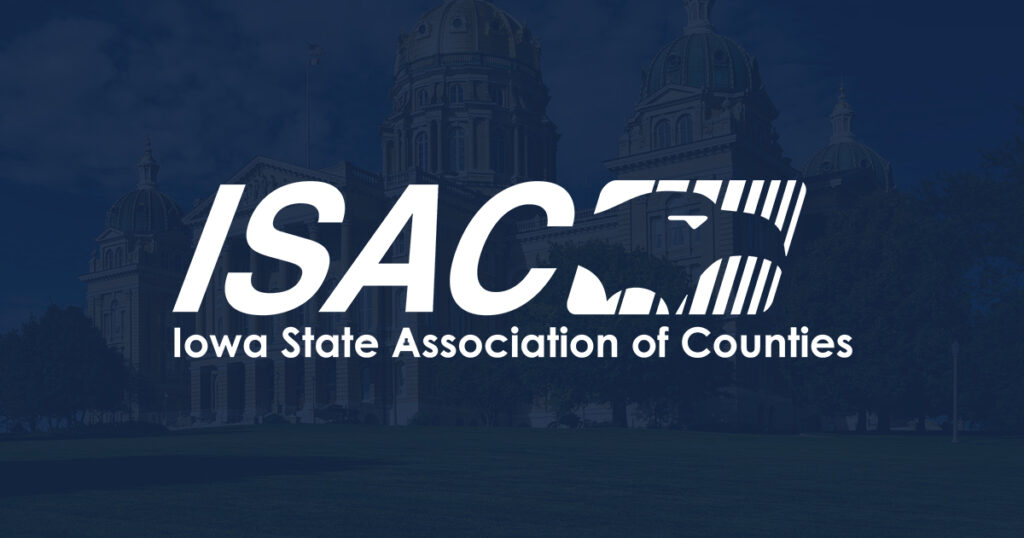Partnership panel: Water and soil answers include tax credits, sales tax, pollution trading

PERRY BEEMAN Dec 16, 2015 | 9:05 pm
4 min read time
963 wordsAll Latest News, Business Record Insider, Economic Development, Energy
The Greater Des Moines Partnership panel charged with finding ways to improve soil and water quality has narrowed its focus to a range of voluntary efforts while hinting that it won’t rule out asking government to force the issue if farmers don’t act on their own.
Fifty members of what is now called Iowa’s Soil and Water Future Task Force met early this morning at the Des Moines Area Metropolitan Planning Organization for more than two hours to begin to turn weeks of brainstorming into a draft platform. The idea is to incorporate remaining changes and to share the recommendations with the Iowa Legislature after Gov. Terry Branstad details his budget on Jan. 12.
The group wants to find ways the state government and others can come up with more than $4 billion in cash for voluntary conservation measures over the next decade. The task force members also want to address the goals of the state’s Nutrient Reduction Strategy, part of a broad effort to cut the nitrate pollution that is at the heart of Des Moines Water Works’ federal lawsuit against three northwest Iowa counties that run drainage districts.
Key measures drawing wide support in the group include:
- Pushing lawmakers to raise the sales tax to bring in $150 million a year for the state’s now penniless Natural Resources and Outdoor Recreation Trust Fund. That account would pay for a range of soil conservation projects in addition to trails and other recreation initiatives.
- Set up a system of tax credits for landowners willing to use conservation practices.
- Create a pollution trading exchange that would allow farmers to make money from their conservation efforts that offset pollution elsewhere.
Many members stressed that the state needs both rural and urban residents to help, that permanent funding should be established for conservation work and that improvements must be widely monitored.
The group’s draft principles carefully sidestepped the “R” word — regulation — but said, “we do not dismiss the possibility of additional policies that are more directive in nature if voluntary efforts do not ramp up significantly.”
The draft proposal drew plenty of comments as the group broke into table-by-table debate and suggested changes.
Co-chair Steve Bruere said the task force will meet Jan. 12. A platform will be finalized after the governor’s budget details are released, and lobbying will begin shortly after that, he said.
The task force has representation from city governments, environmental and agricultural groups, universities, utilities, citizen groups, businesses and county government, among others. Many said while the Des Moines Water Works lawsuit is important, it shouldn’t be seen as the sole impetus to action, because that ignores decades of work by nongovernmental organizations, state and local governments, farmers, agricultural groups, the universities and others.
Polk County Conservation Board Director Richard Leopold, who is former director of the Iowa Department of Natural Resources, predicted lawmakers will focus on the tax credits but little else. That, he said, would mean the water quality efforts fail.
“What we are going to get is the tax credits, but that’s weak,” said Leopold, who also worked for the U.S. Fish and Wildlife Service and the Dickinson County Conservation Board. “If it were combined with seven or eight other things, maybe. Tax credits alone aren’t going to get it done.”
Jess Mazour, environmental justice organizer for the Iowa Citizens for Community Improvement staff, said repeatedly that private investment should also be on the table. And she was less bashful about the “R” word. “We have to do regulatory actions,” she said.
Susan Heathcote, water program director for the Iowa Environmental Council, said there are ways to push farmers to act that fall short of full-blown regulation. “There is this whole universe between regulatory and fully voluntary,” she said. For example, the state or federal government could offer performance-based incentives. “That is not command and control, but it’s a policy that would move us in the right direction,” Heathcote said.
Elizabeth Garst, a former member of the Iowa Natural Resource Commission, said she’d like to see the state require and enforce conservation measures on all land that is enrolled in federal programs.
“I think this is a federal problem,” Garst said. “They spend $325 million a year in Iowa, and here we are talking about a few million in tax credits, or (regarding the sales tax proposal) $150 million.
Pat Boddy, sustainability director at RDG Planning & Design, a former DNR deputy director, quoting her table’s consensus, said a system of incentives and permanent funding for conservation work should be combined with enforcing current rules and offering certification to farmers who meet conservation standards.
Heathcote said there are many combinations of actions that could help improve soil and water quality, including enforcing a largely ignored state law meant to fight soil erosion. She said in many cases, the measures mean government officials have to show leadership.
“Leadership means that you sometimes have to say things that aren’t necessarily popular,” Heathcote said.
The Partnership formed the task force of nearly 100 in the aftermath of Des Moines Water Works’ lawsuit against Sac, Buena Vista and Calhoun counties. The case is set to be heard late next year.
The lawsuit, which contends drainage districts the counties own should be subject to federal permit requirements under the U.S. Clean Water Act as dischargers of pollution, set off a statewide debate over how best to clean waterways and conserve soil.
Agricultural groups and many state officials have contended that paying farmers to take actions voluntarily is the best approach. Water Works and some environmental groups maintain that farmers should face regulations, the same way manufacturers and city sewage plants do.









